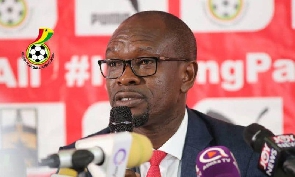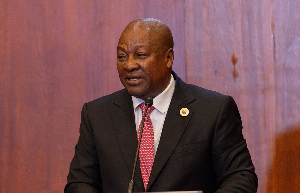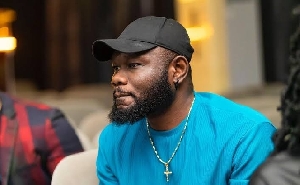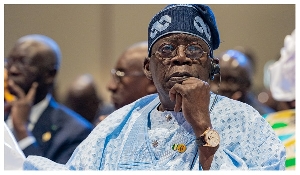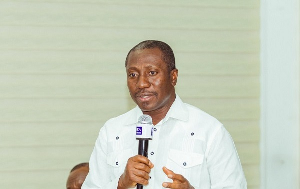Answers to a questionnaire by Accra Daily Mail
H.E. Dr. Nyaho Nyaho-Tamakloe
Reflections on the choice of Running mate:
1. Running Mate: my choice would be a party man (or a woman) who is tried and tested in government and politics and who is relatively younger than the flag-bearer. This individual must be a Northerner and a Moslem. While the first set of criteria is self-explanatory, the second set requires some context, given the ethnic / religious connotations that they might have. First and foremost, the composition of the top echelons of government office must reflect Ghana’s demographic reality. This is not peculiar to Ghana.
Canada, which has a rich democratic tradition, attempts to reflect its bi-lingual and diverse ethno-cultural makeup in the composition of high political offices. As well, the choice of a Northerner and a Moslem would be an acknowledgement of the NPP’S antecedents as a party emerging from an alliance of the Northern People’s Party (with stalwarts such as S.D. Dombo, Jato Kaleo, and Abeyifaa Karbo etc), the National Liberation Movement (NLM) and another Southern-based party. The Party’s origins bear testimony to Ghana’s ethno-cultural reality, and recognising this is important if the NPP’s (and indeed Ghana’s) cohesion is to be sustained.
2. As has been previously noted, the choice of a Moslem running-mate would be an attempt to as much as possible (given natural limitations) make the topmost political offices representative of the Ghanaian demographic reality.
3. The campaign team represents the party’s rich human resources. It includes experience, tried and tested party operatives, with proven organizational ability, deep connections with the rank and file and a deep consciousness of what the country needs and what is required for a relevant, attractive campaign platform. The composition of this team demonstrates the seriousness with which the NPP is approaching this year’s elections. As is illustrated by Nana Akufo-Addo’s recent triumphant North America trip, it is also a demonstration of party unity and strength, despite the rigorous contest that some members of the campaign team engaged in (together with Nana Akufo-Addo) for the flag-bearership position.
4. The campaign team can deliver if it focuses on, and articulates a vision meant to address pressing national concerns, and if it ensures that the campaign is in tune with realities of the party’s rank and file and the wider Ghanaian society.
5. As regards Ashanti-Akyem animosities, we need to question and address the extent to which it is a myth, and the extent to which such animosities are real. There is a need to avoid unleashing ethnic centrifugal forces by giving life to a mythical concept. While I have not had the opportunity of reading the book in question, it is a fact that President J. A. Kufuor despite being an Ashanti, enjoyed support from various Ghanaian ethnic communities including Akyem – communities, to lead Ghana’s truly post-transitional democracy in this millennium. Thus there is no evidence of this animosity, save perhaps in the minds of mischief-makers.
6. President Kufuor displayed statesmanship by “accepting” the nomination of Prof. Mills for the award. Probably what has sparked debate is the time context within which the announcement was made.
7. The question suggests that this has been the NPP’s ‘worst’ year, but that disregards the progressive strides made by the NPP as the party that has led Ghana to the coveted threshold of being an oil-producing country. As well, each year of the NPP’s governance had led to manifestation of progress made in human rights, business development, social justice and stability. The NPP has transformed Ghana from a HIPC state to a creditworthy stable democracy. This is a year in which one can successfully account for eight-years of the NPP’s stewardship.
Belgrade, 13 June, 2008.
Opinions of Monday, 23 June 2008
Columnist: Nyaho-Tamakloe




